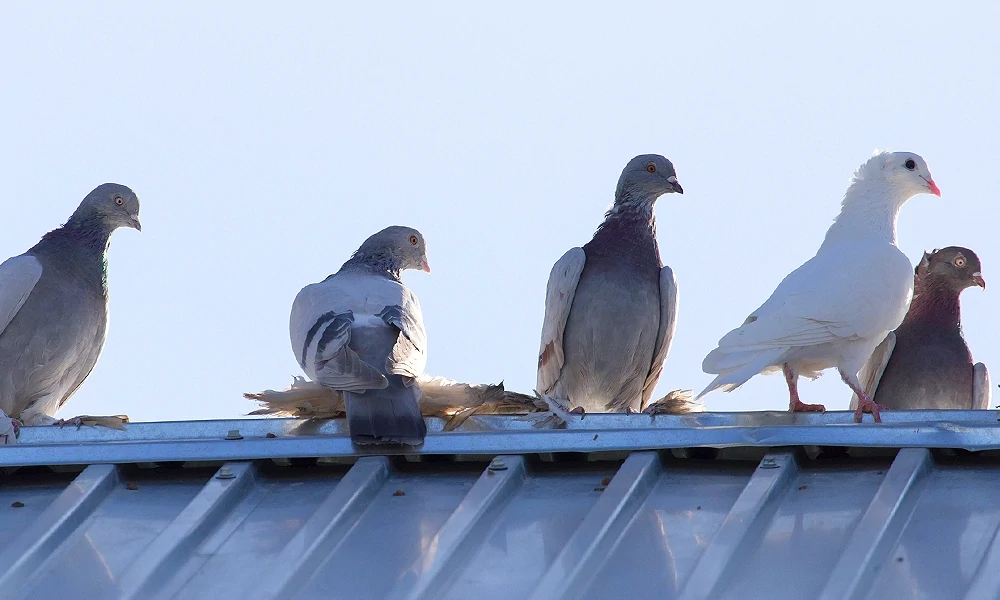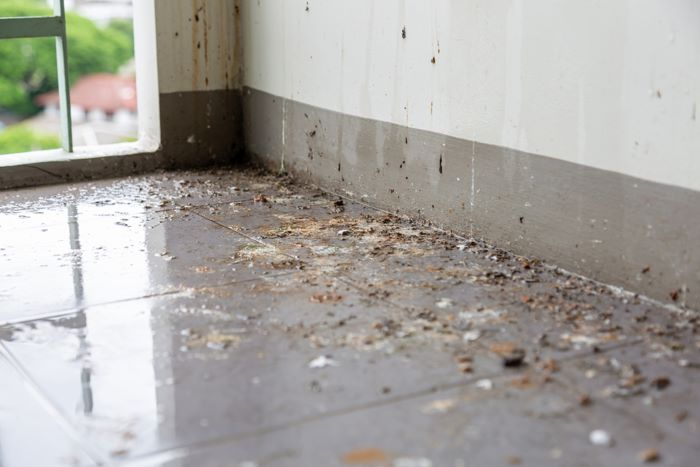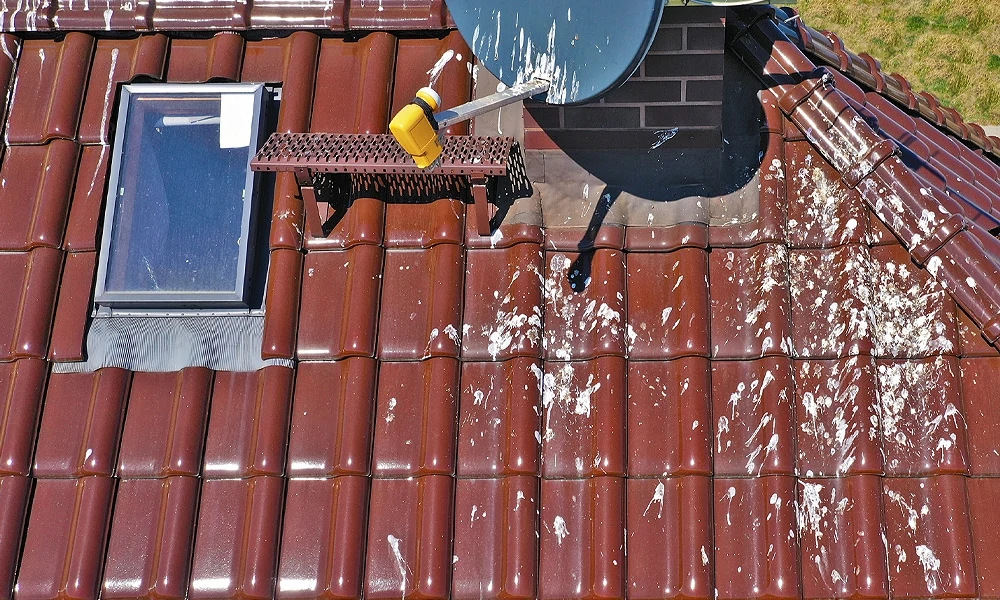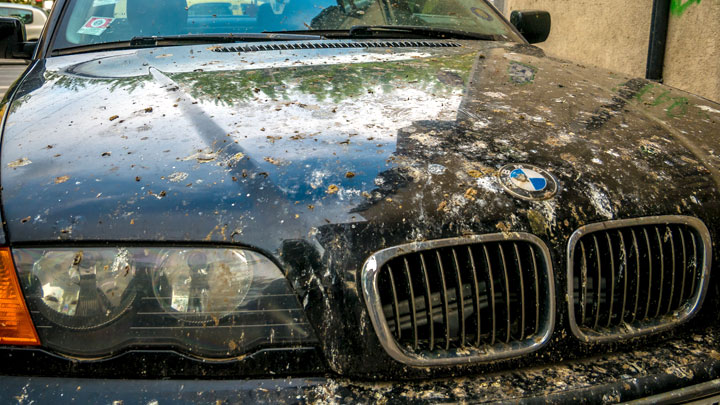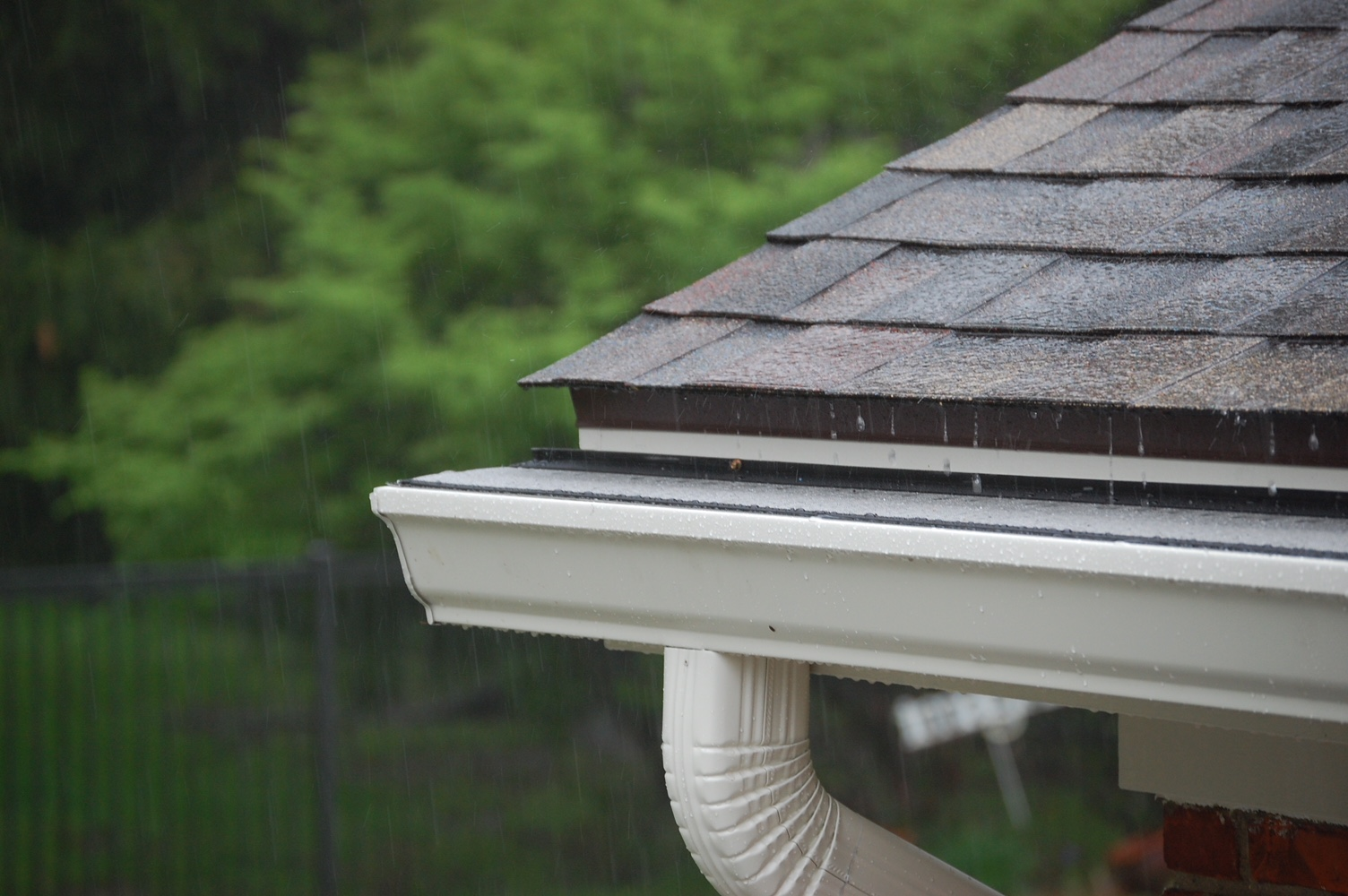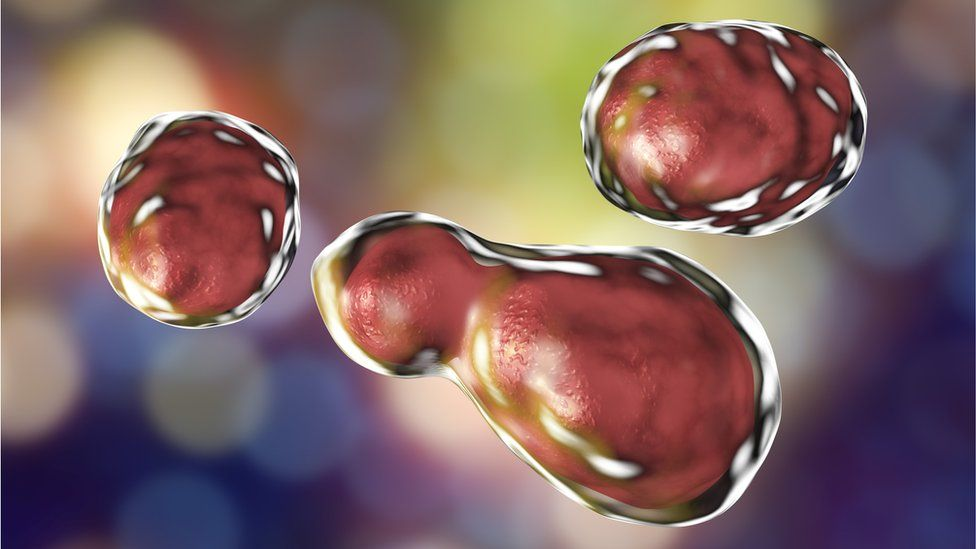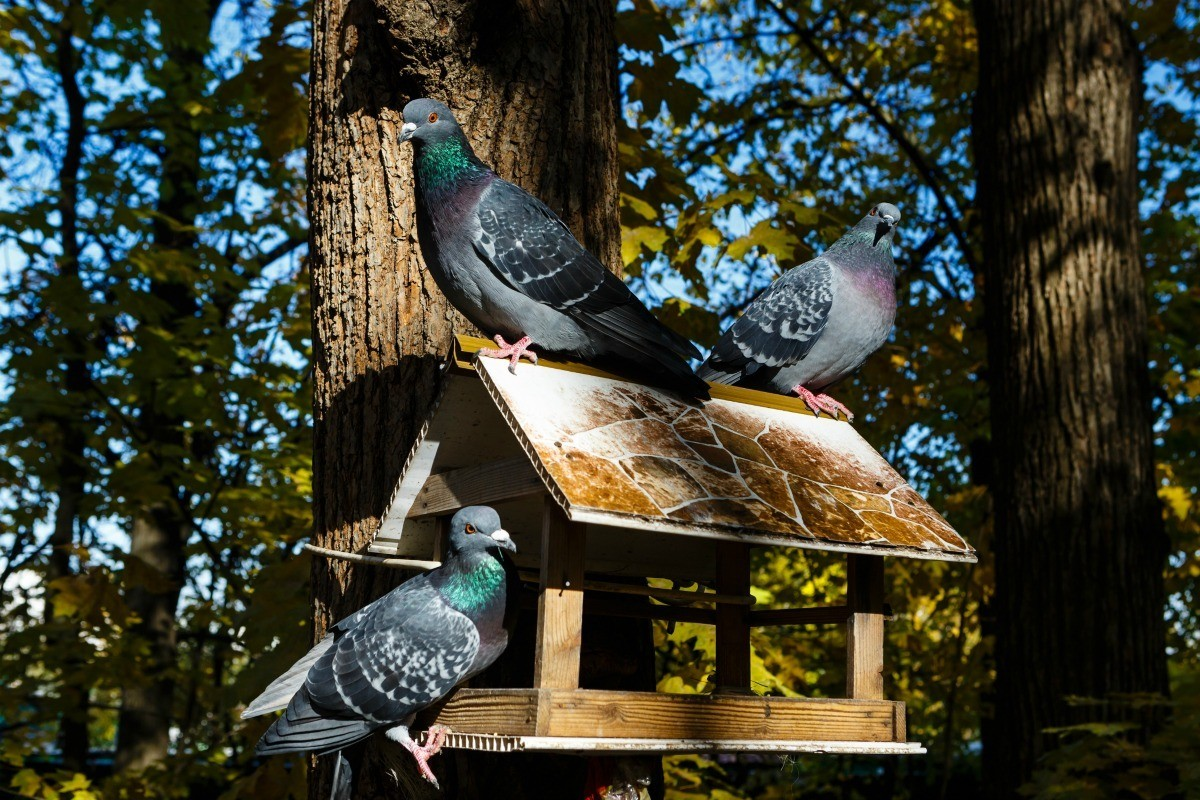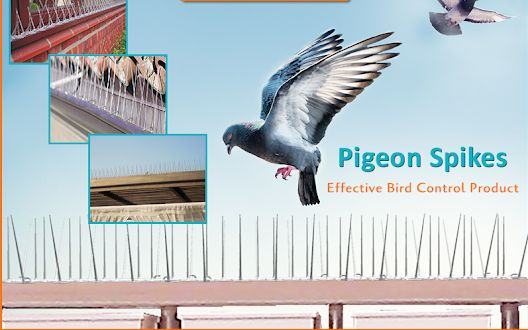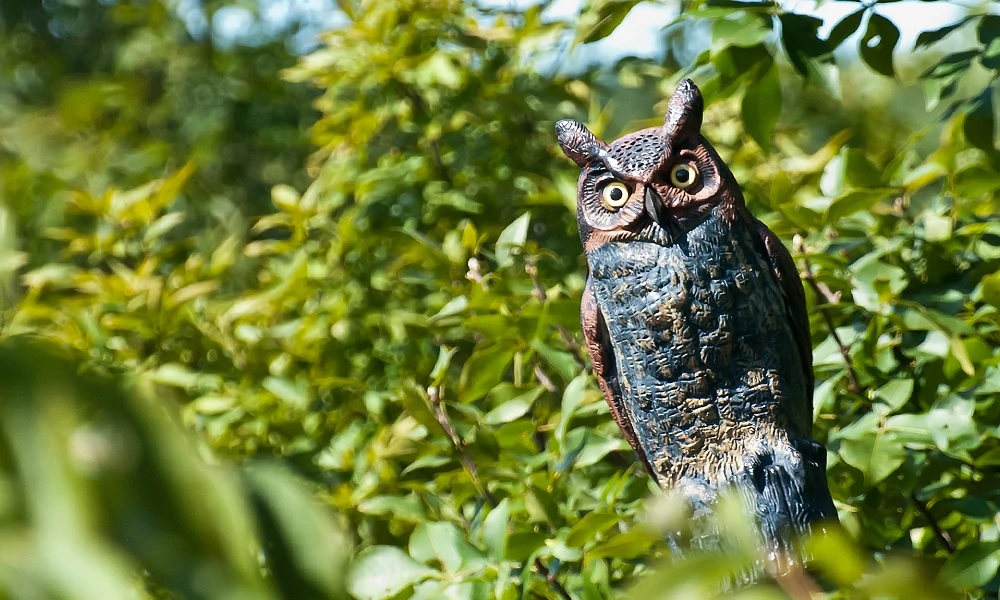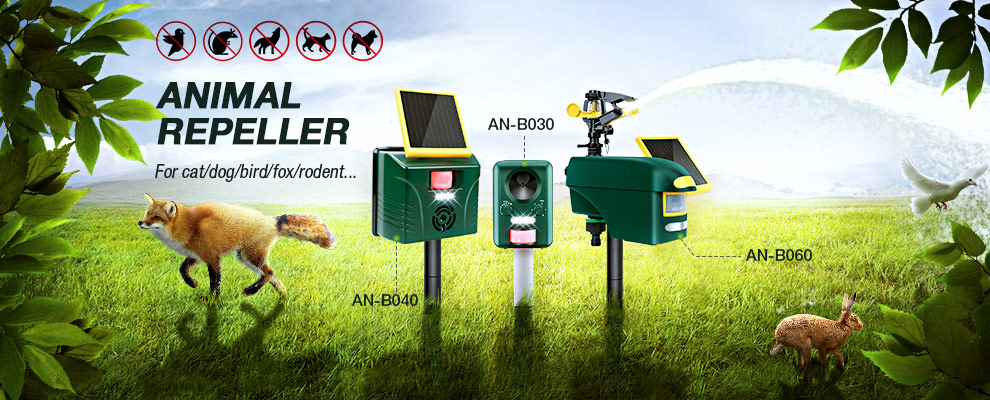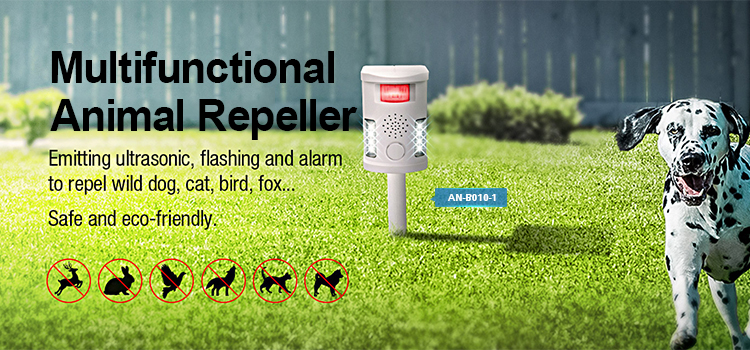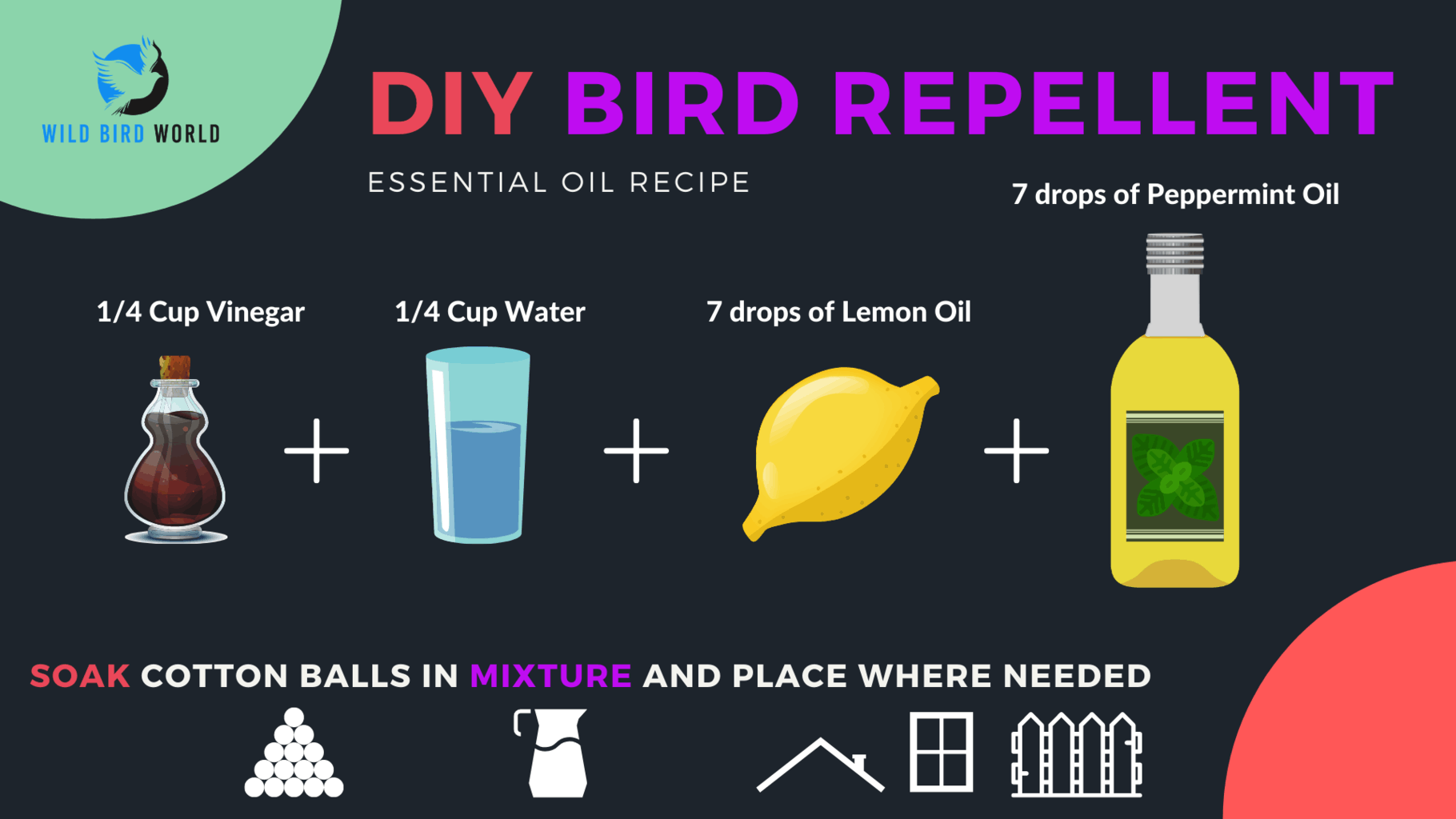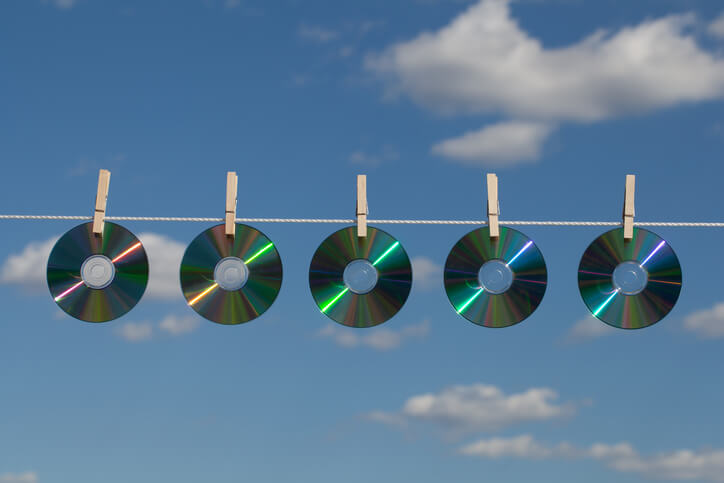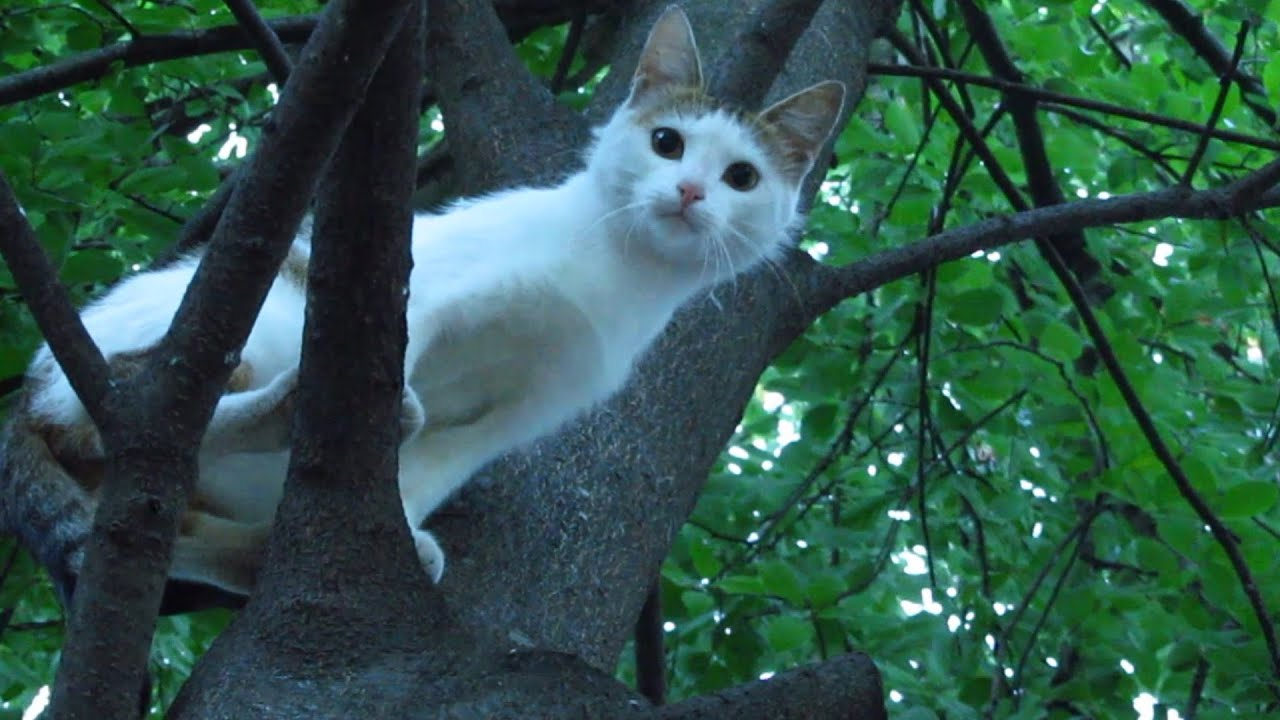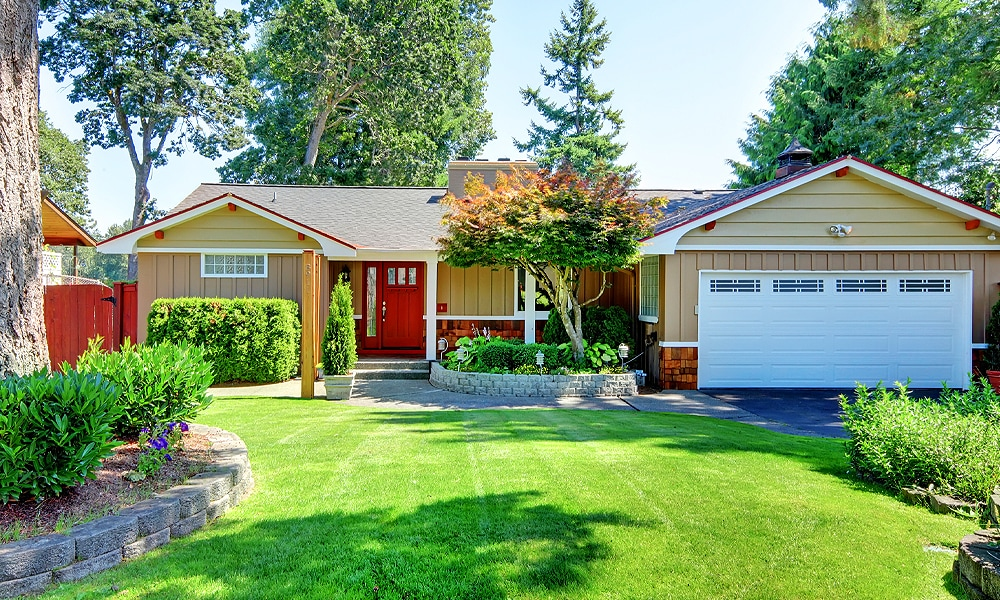17/04/2023
Cat repeller - How to get rid of stray cats in the UK?
Ideal and real cat.When it comes to cats, the most famous one is the movie Garfield. The protagonist of the Garfield series, Garfield (Garfield) is an orange, mischievous, funny and funny fat cat that eats human food. In real life, the Garfield breed is also called British Shorthair, which is a pet cat with a long history in Britain. It originally came from the UK and is loved by many people in the UK, as well as by cat lovers all over the world....
See More
